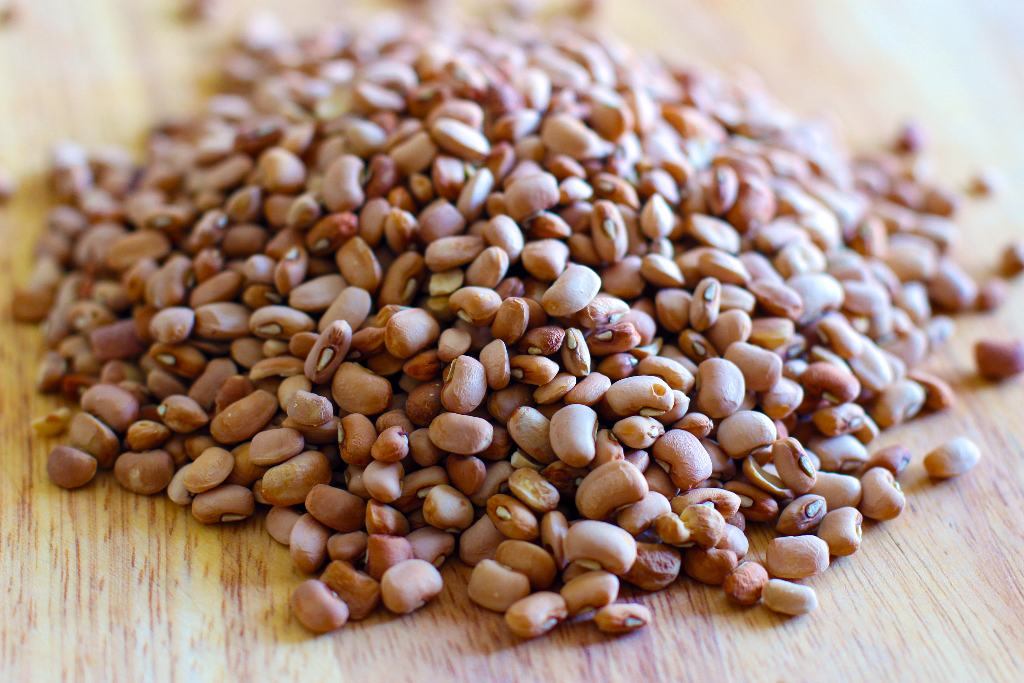- EU’s Ban of Nigerian Dried Beans Worries Stakeholders
Stakeholders in the real sector are concerned about the continued ban on Nigeria’s dry beans by the European Union for about four years now.
The EU had banned the exportation of dried beans from Nigeria in June 2015 on grounds that the produce contained high level of pesticide considered dangerous to human health.
Worried by the extended ban, which was supposed to last for six months, stakeholders such as the Federal Ministry of Agriculture and Rural Development, Nigerian Export Promotion Council, the Nigerian Association of Chambers of Commerce, Industry Mines and Agriculture, the National Agency for Food and Drug Administration and Control and the Standards Organisation of Nigeria have reportedly been initiating programmes and consulting with the EU towards lifting it.
In February, the EU gave conditions for lifting the ban, saying that Nigeria must implement appropriate risk management measures and provide required guarantees before it could export dried beans to Europe.
The EU said it was supporting Nigeria in the process that would ensure lifting of the ban.
Also, the NEPC and other agencies have been collaborating with the EU on workshops, training and sensitisation programmes for farmers, producers, processors on standard operating procedures for dried beans and other export commodities.
In line with these efforts, SON recently developed standards for dry beans and other food products.
The Director-General, SON, Osita Aboloma, who was represented by the Director, Standards Development, Chinyere Egwuonwu, said that this move was to put an end to the high level of rejection faced by Nigeria’s agricultural produce at the international markets.
He said, “For instance, as far as agriculture is concerned, the standards we developed are to ensure that our products meet the global benchmark, thereby forestalling a repeat of the rejection of our products as it happened recently at the international market.
“We have developed standards for many agricultural products, such as shea butter, dried beans, smoked fish, yam flour, plantain chips, sesame seeds, oil, rice, cocoa, cocoa butter and garri.”
He noted that SON was opening up new vistas and opportunities for farmers, agro-allied operators and commodity exporters, adding, “We are taking up agro products from farm to when they come to the table as meal.”
While speaking during a seminar in NACCIMA recently, the National President, NACCIMA, Chief Alaba Lawson, advised exporters to study the rules of countries they intended to export to before shipping any consignment.

 Naira4 weeks ago
Naira4 weeks ago
 News3 weeks ago
News3 weeks ago
 Education4 weeks ago
Education4 weeks ago
 Social Media4 weeks ago
Social Media4 weeks ago
 Economy4 weeks ago
Economy4 weeks ago
 Investment4 weeks ago
Investment4 weeks ago
 Dividends4 weeks ago
Dividends4 weeks ago
 Business3 weeks ago
Business3 weeks ago





























